Identifying Research Areas
Though many of our clients come to us with a targeted research area in mind, lots of our clients are also exploring broader therapeutic areas and want to use the power of bioinformatics to identify promising targets for them. The ability to identify genes, drug targets and drug candidates in silico, or on a computer, rather than through pure trial and error in a lab, is a relatively recent development.
The sophisticated bioinformatics analysis tools we have today allow for faster annotation of genes, prediction of protein function and folding, and engineering of small molecule drugs in a more efficient manner. Though the actual process of taking any computer-generated predictions or insights back to the bench for rigorous experimentation remains the same, identifying the starting point for those experiments comes faster.
“Undruggable” Mutations
Bioinformatics allows for an extremely high level of molecular resolution and specificity. A great example of this is Amgen’s Lumakras (sotorasib). While some drug targets readily interact with chemicals and small molecules, others stubbornly resist binding to any kind of drug. This was the case with KRAS G12C, a previously “undruggable” mutation present in nearly 13% of non-small cell lung cancers (NSCLC). In fact, most KRAS mutations lead to extremely challenging targets, despite their ubiquity across cancer types.
Sotorasib is a drug developed by Amgen that targets the KRAS G12C mutation in NSCLC. Amgen researchers describe the KRAS protein as “smooth and tennis-ball shaped,” making it extremely difficult for a small molecule to bind and get a solid foothold. However, during their drug development and screening process, they identified a very small binding pocket in the G12C mutated KRAS that could bind one of their molecules in a specific orientation.
Successes and Challenges
It is these kinds of intersections of classical molecular biology and bioinformatics that will help push the development of new cancer therapeutics forward. In a Nature News article, Heidi Ledford explained how many cancer drugs that show promising results aren’t actually improving outcomes via their intended target. Rather, their effects stem from another related or downstream process not yet fully identified or understood by researchers.
All success is not created equal- if a drug “works” but we don’t know the mechanism by which it works, we can’t develop better, more tailored versions or understand how the pathway involved is contributing to disease. Integrating bioinformatics into disease and drug development research, like with the development of Lumakras, will improve accuracy and thus efficacy going forward.
Outsourcing Bioinformatics Analysis: How We Can Help
This kind of research relies heavily on big data. We can help you tackle the challenging computational tasks of storing, analyzing, and interpreting genomic data. Bridge Informatics’ bioinformaticians are trained bench biologists, so they understand the biological questions driving your computational analysis. Click here to schedule a free introductory call with a member of our team.
Jane Cook, Biochemist & Content Writer, Bridge Informatics
Jane Cook, the leading Content Writer for Bridge Informatics, has written over 100 articles on the latest topics and trends for the bioinformatics community. Jane’s broad and deep interdisciplinary molecular biology experience spans developing biochemistry assays to genomics. Prior to joining Bridge, Jane held research assistant roles in biochemistry research labs across a variety of therapeutic areas. While obtaining her B.A. in Biochemistry from Trinity College in Dublin, Ireland, Jane also studied journalism at New York University’s Arthur L. Carter Journalism Institute. As a native Texan, she embraces any challenge that comes her way. Jane hails from Dallas but returns to Ireland any and every chance she gets. If you’re interested in reaching out, please email [email protected] or [email protected].
Sources:
https://www.nature.com/articles/d41586-022-03392-2
https://www.nature.com/articles/d41586-019-02701-6
https://old.bridgeinformatics.com/precision-medicine-beats-undruggable-cancer-mutation/



